Sprint, T-Mobile have to sell $26.5B deal to antitrust cops
Tue 01 May 2018, 12:04:37
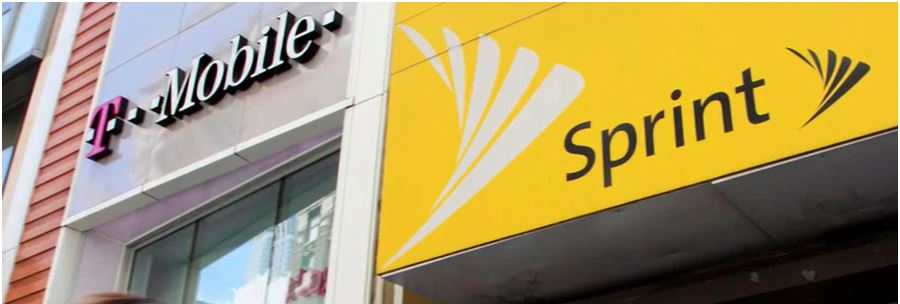
To gain approval for their $26.5 billion merger agreement, T-Mobile and Sprint aim to convince antitrust regulators that there is plenty of competition for wireless service beyond Verizon and AT&T.
The deal announced Sunday would combine the nation's third- and fourth-largest wireless companies and bulk them up to a similar size to Verizon and AT&T, the industry giants.
But the companies argued that the combination would allow them to better compete not only with those two rivals but also with Comcast and others as the wireless, broadband and video industries converge.
The deal announced Sunday would combine the nation's third- and fourth-largest wireless companies and bulk them up to a similar size to Verizon and AT&T, the industry giants.
But the companies argued that the combination would allow them to better compete not only with those two rivals but also with Comcast and others as the wireless, broadband and video industries converge.
"This isn't a case of going from 4 to 3 wireless companies — there are now at least 7 or 8 big competitors in this converging market," T-Mobile chief executive John Legere said in a statement. He would be the CEO of the combined company.
T-Mobile and Sprint have been considering a combination for years. But a 2014 attempt fell apart amid resistance from the Obama administration. And in 2017 another potential deal fell through as well.
The combined company, to be called T-Mobile, would have about 127 million customers. Consumers worry a less crowded telecom field could result in higher prices, while unions are concerned about potential job losses.
In a conference call with Wall Street analysts, Sprint CEO Marcelo Claure acknowledged that getting regulatory approval is "the elephant in the room." One of the first things the companies did after sending out the deal's news release was to call Ajit Pai, chairman of the Federal Communications Commission.
The companies stressed that they plan to have more employees following the combination, particularly in rural areas, than they do as stand-alone companies now.
They also emphasized that the deal would help accelerate their development of faster 5G wireless networks and ensure that the U.S. doesn't cede leadership on the technology to China.
And they said the combination would allow them to better compete with a growing number of competitors in a changing market.
Verizon and AT&T have been expanding their video-content businesses, while cable companies have been moving into wireless. That allows a single company to combine home and wireless internet and use content to support the communications businesses.
Comcast, the cable giant that finished buying NBCUniversal in 2013, offers customers wireless service by reselling access to Verizon's network. So does another dominant cable company, Charter.
The all-stock deal values each share of Sprint at slightly more than 0.10 T-Mobile shares. Deutsche Telekom, T-Mobile's parent, would own about 42 percent of the combined company. Japan's SoftBank, which controls Sprint, would own 27 percent, and the remainder would be held by the public.
The companies said they expect the deal to
close by the first half of 2019 and would result in about $6 billion in annual cost savings.
Investors have been anticipating a deal like this for some time. In addition to the thwarted attempt three years ago, the two companies were poised to combine in October, but the deal was called off after what analysts said was a disagreement over control of the combined company.
The deal will have to be reviewed by the Justice Department and the FCC.
National carriers had not been able to get a deal through under President Barack Obama. But the FCC in September deemed the wireless market "competitive" for the first time since 2009, which some analysts say could make it easier to present a deal.
The 5G aspirations are at the heart of the agreement, and the new technology could allow companies to provide faster service to people's homes.
Sprint's Claure likened going from 4G to 5G to switching from black-and-white television to color. The combined company plans to invest up to $40 billion in its network in the first three years, which executives said would drive more hiring and better service for customers.
Sprint has a lot of debt and has posted a string of annual losses. It has cut costs and made itself more attractive to customers, BTIG Research analyst Walter Piecyk said, but it hasn't invested enough in its network and doesn't have enough airwave rights for quality service in rural areas.
T-Mobile, meanwhile, has been on a yearslong streak of adding customers. After the government nixed AT&T's attempt to buy the company in 2011, T-Mobile led the way in many consumer-friendly changes, such as ditching two-year contracts and bringing back unlimited data plans.
Consumers are paying less for cellphone service thanks to T-Mobile's influence on the industry and the resulting price wars.
Advocacy organizations said the deal will likely lead to higher cellphone plans because there will be less competition.
"Low-income consumers and other vulnerable communities seeking more affordable mobile communications services would be particularly hurt from the merger," the watchdog group Common Cause said in a statement.
But Mark Lowenstein, a mobile-industry consultant, said the move shouldn't be seen as a consolidation in the wireless industry.
"That era is over," he said. "This is a new industry structure — where wireless is competing in the larger broadband space."
The move makes sense for developing 5G, he added.
"There is no way we were going to build four national 5G networks," he said. The combination "gives the U.S. a better chance of getting to 5G faster, innovating quicker, and competing with China in the global 5G race."
Shares of T-Mobile fell $2.66, or 4.1 percent, to $61.87 in morning trading Monday. Sprint shares fell 85 cents, or 17.1 percent, to $5.65.
T-Mobile and Sprint have been considering a combination for years. But a 2014 attempt fell apart amid resistance from the Obama administration. And in 2017 another potential deal fell through as well.
The combined company, to be called T-Mobile, would have about 127 million customers. Consumers worry a less crowded telecom field could result in higher prices, while unions are concerned about potential job losses.
In a conference call with Wall Street analysts, Sprint CEO Marcelo Claure acknowledged that getting regulatory approval is "the elephant in the room." One of the first things the companies did after sending out the deal's news release was to call Ajit Pai, chairman of the Federal Communications Commission.
The companies stressed that they plan to have more employees following the combination, particularly in rural areas, than they do as stand-alone companies now.
They also emphasized that the deal would help accelerate their development of faster 5G wireless networks and ensure that the U.S. doesn't cede leadership on the technology to China.
And they said the combination would allow them to better compete with a growing number of competitors in a changing market.
Verizon and AT&T have been expanding their video-content businesses, while cable companies have been moving into wireless. That allows a single company to combine home and wireless internet and use content to support the communications businesses.
Comcast, the cable giant that finished buying NBCUniversal in 2013, offers customers wireless service by reselling access to Verizon's network. So does another dominant cable company, Charter.
The all-stock deal values each share of Sprint at slightly more than 0.10 T-Mobile shares. Deutsche Telekom, T-Mobile's parent, would own about 42 percent of the combined company. Japan's SoftBank, which controls Sprint, would own 27 percent, and the remainder would be held by the public.
The companies said they expect the deal to
close by the first half of 2019 and would result in about $6 billion in annual cost savings.
Investors have been anticipating a deal like this for some time. In addition to the thwarted attempt three years ago, the two companies were poised to combine in October, but the deal was called off after what analysts said was a disagreement over control of the combined company.
The deal will have to be reviewed by the Justice Department and the FCC.
National carriers had not been able to get a deal through under President Barack Obama. But the FCC in September deemed the wireless market "competitive" for the first time since 2009, which some analysts say could make it easier to present a deal.
The 5G aspirations are at the heart of the agreement, and the new technology could allow companies to provide faster service to people's homes.
Sprint's Claure likened going from 4G to 5G to switching from black-and-white television to color. The combined company plans to invest up to $40 billion in its network in the first three years, which executives said would drive more hiring and better service for customers.
Sprint has a lot of debt and has posted a string of annual losses. It has cut costs and made itself more attractive to customers, BTIG Research analyst Walter Piecyk said, but it hasn't invested enough in its network and doesn't have enough airwave rights for quality service in rural areas.
T-Mobile, meanwhile, has been on a yearslong streak of adding customers. After the government nixed AT&T's attempt to buy the company in 2011, T-Mobile led the way in many consumer-friendly changes, such as ditching two-year contracts and bringing back unlimited data plans.
Consumers are paying less for cellphone service thanks to T-Mobile's influence on the industry and the resulting price wars.
Advocacy organizations said the deal will likely lead to higher cellphone plans because there will be less competition.
"Low-income consumers and other vulnerable communities seeking more affordable mobile communications services would be particularly hurt from the merger," the watchdog group Common Cause said in a statement.
But Mark Lowenstein, a mobile-industry consultant, said the move shouldn't be seen as a consolidation in the wireless industry.
"That era is over," he said. "This is a new industry structure — where wireless is competing in the larger broadband space."
The move makes sense for developing 5G, he added.
"There is no way we were going to build four national 5G networks," he said. The combination "gives the U.S. a better chance of getting to 5G faster, innovating quicker, and competing with China in the global 5G race."
Shares of T-Mobile fell $2.66, or 4.1 percent, to $61.87 in morning trading Monday. Sprint shares fell 85 cents, or 17.1 percent, to $5.65.
No Comments For This Post, Be first to write a Comment.
Most viewed from International
Most viewed from World
AIMIM News
Latest Urdu News
Most Viewed
May 26, 2020
Which Cricket team will win the IPL 2025 trophy?
Latest Videos View All
Like Us
Home
About Us
Advertise With Us
All Polls
Epaper Archives
Privacy Policy
Contact Us
Download Etemaad App
© 2025 Etemaad Daily News, All Rights Reserved.

.jpg)
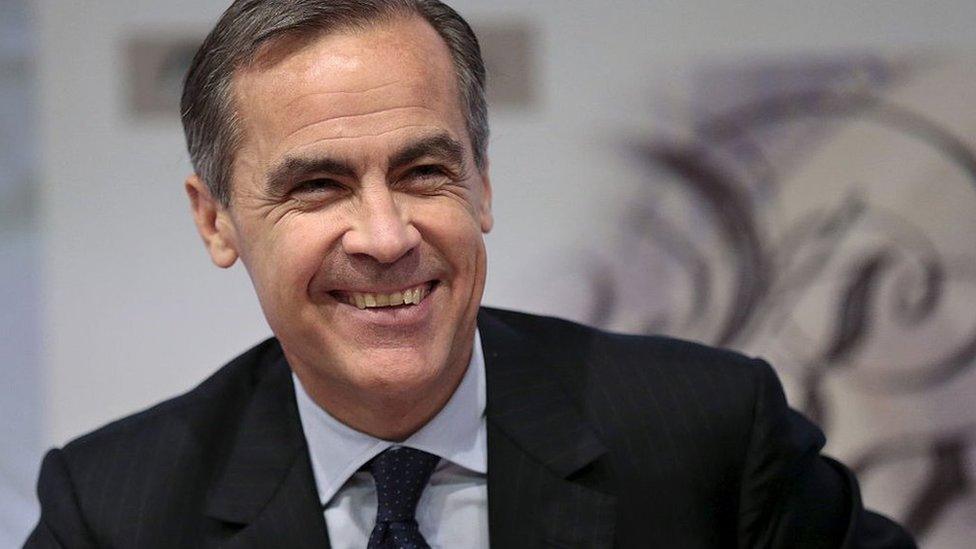





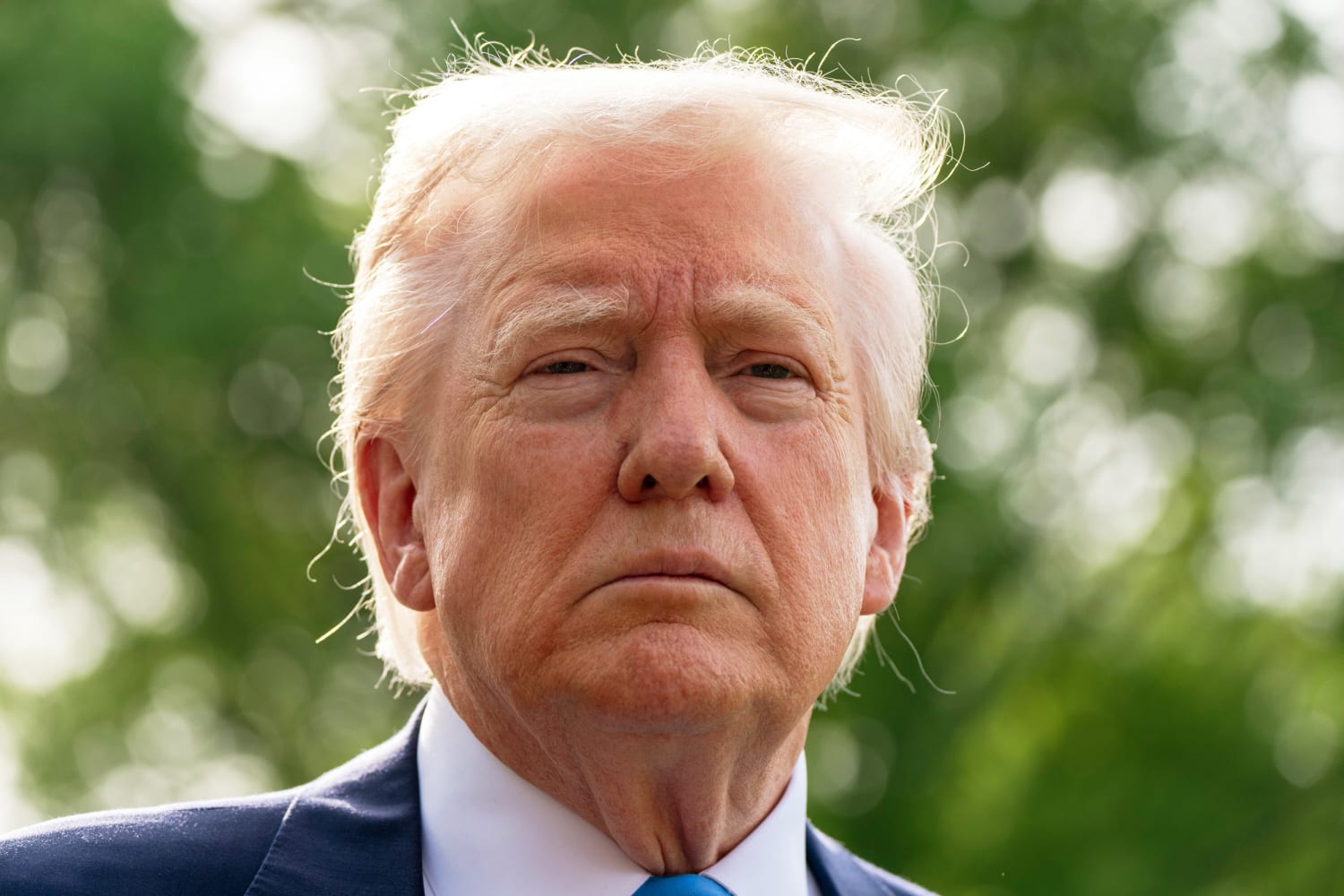



.jpg)
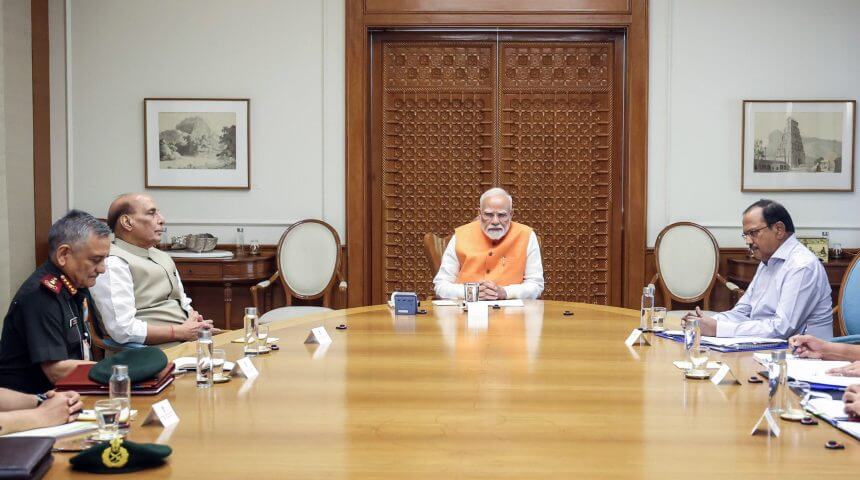








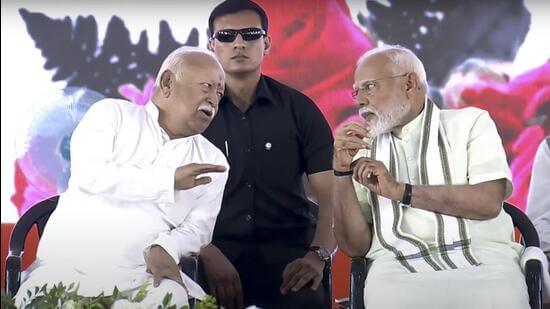

.jpg)

















